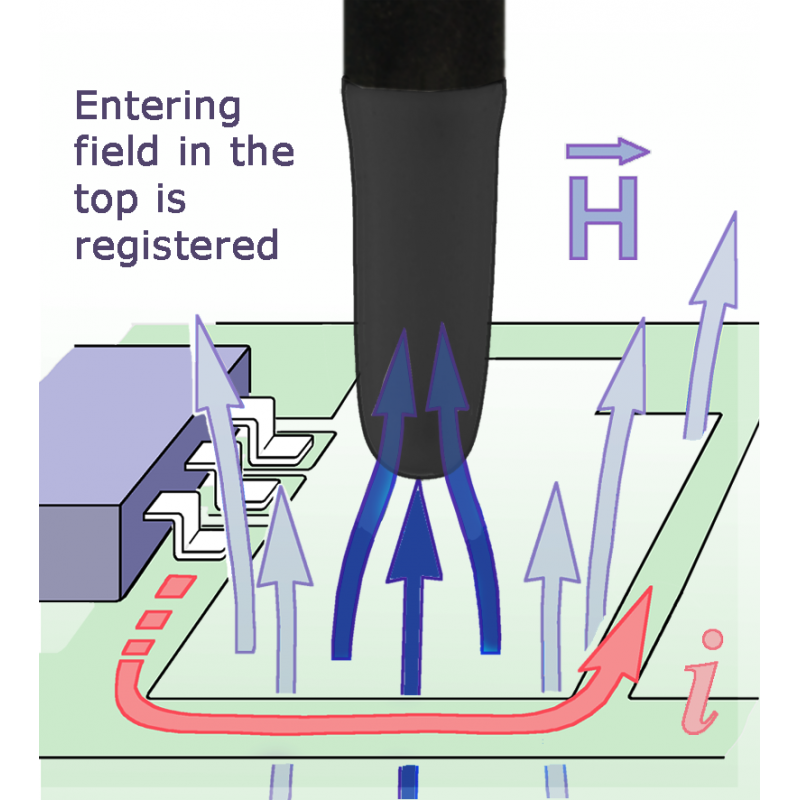

Category


Photos are for informational purposes only. View product specification
please use latin characters
Are you interested in this product? Do you need additional information or individual pricing?
Your review appreciation cannot be sent
Report comment
Report sent
Your report cannot be sent
Write your review
Review sent
Your review cannot be sent
